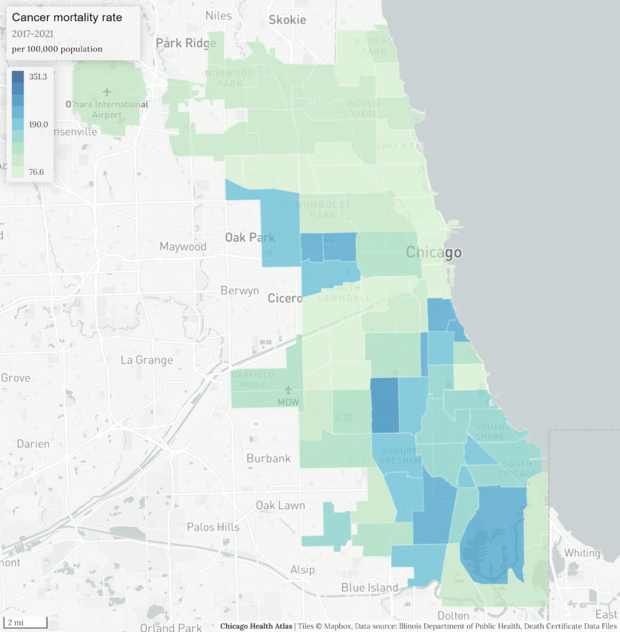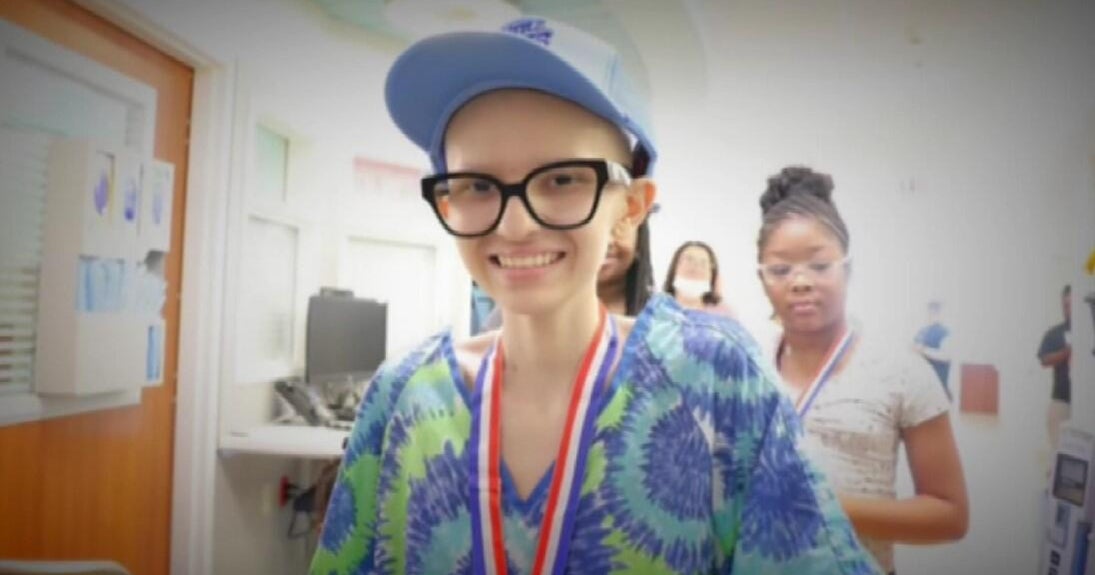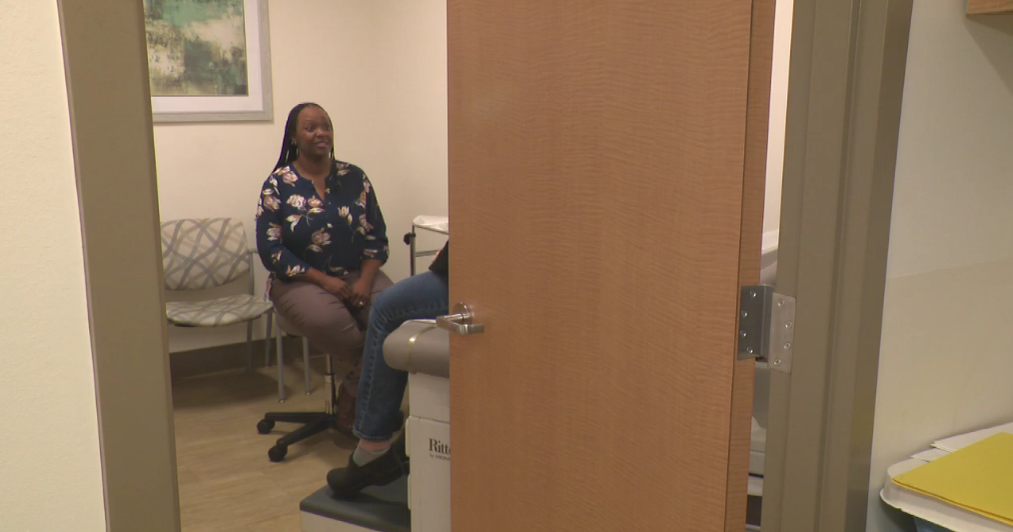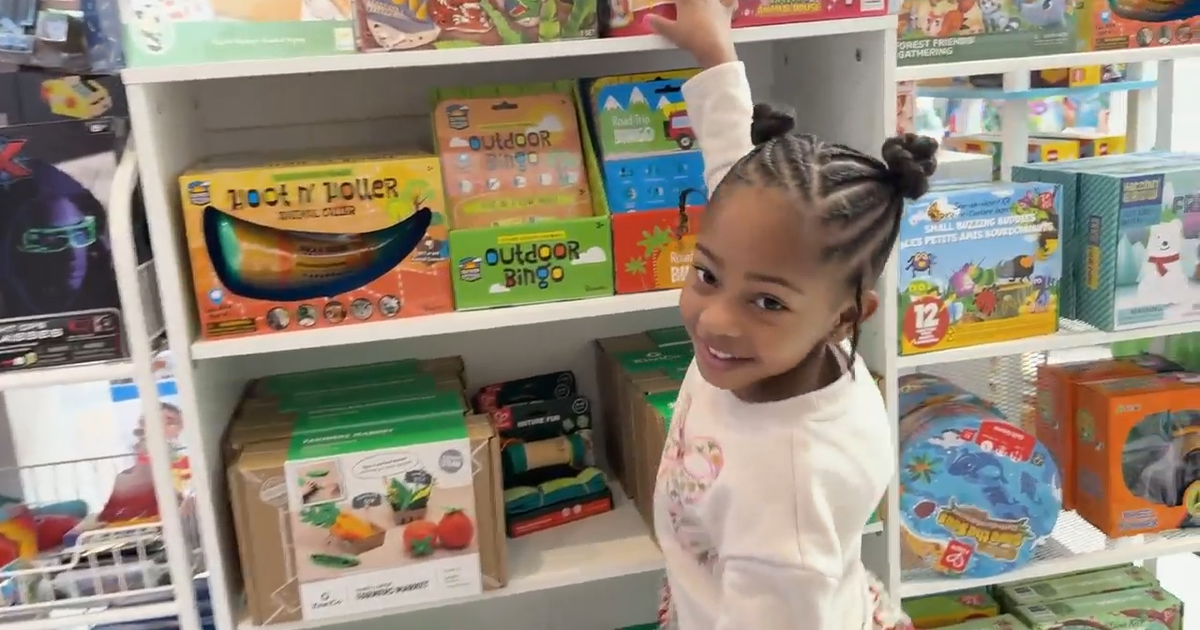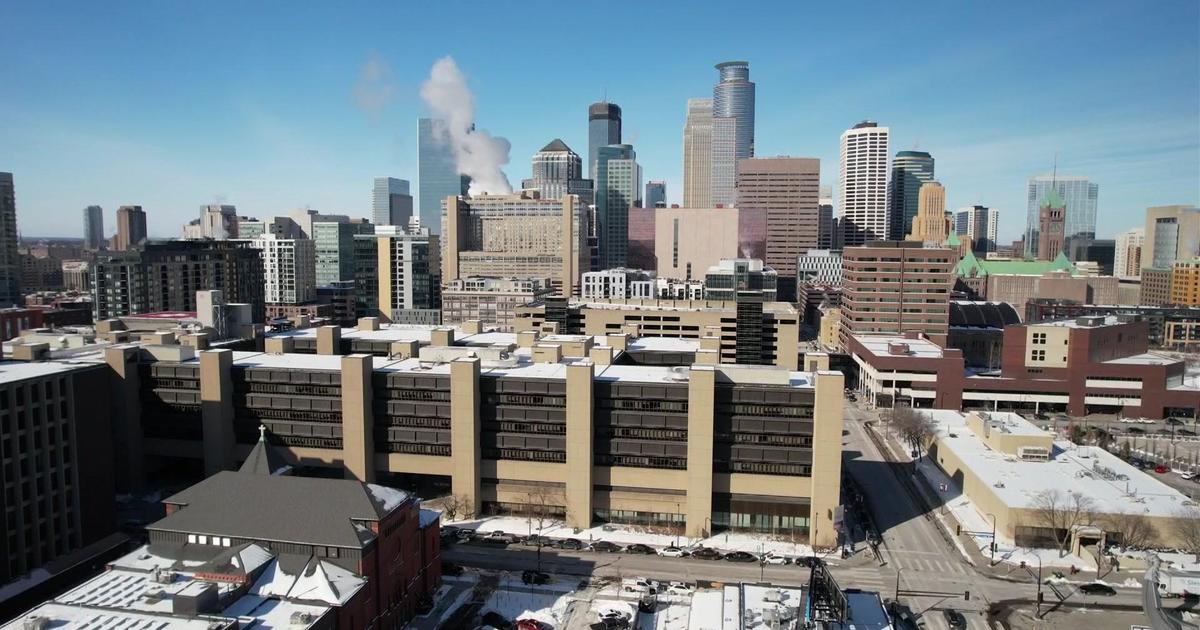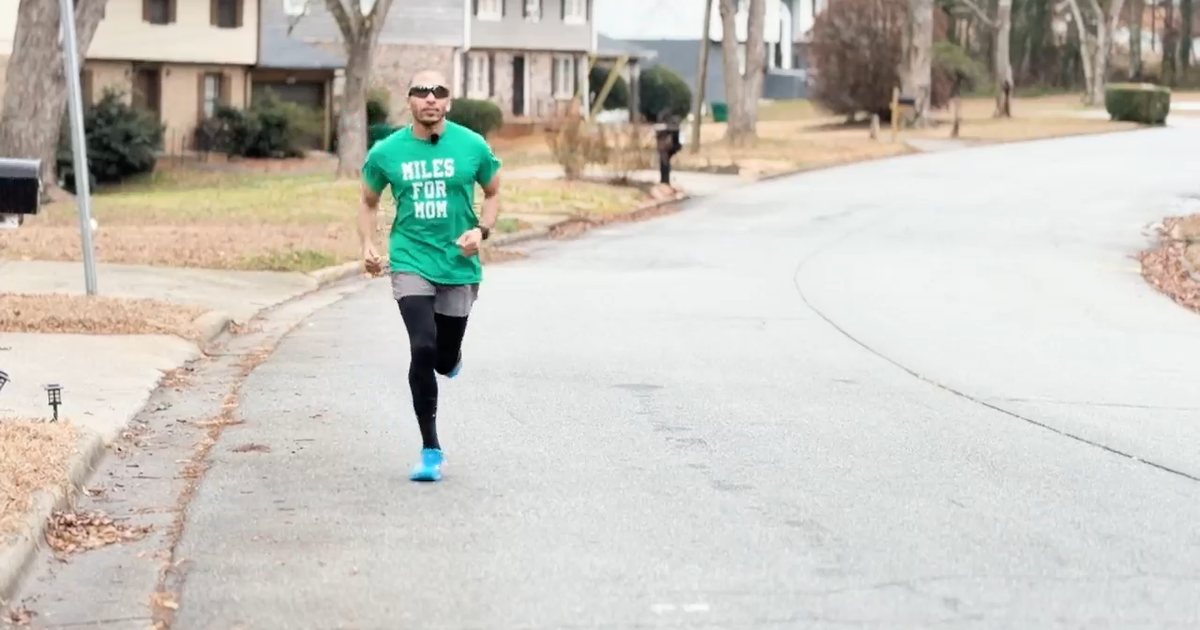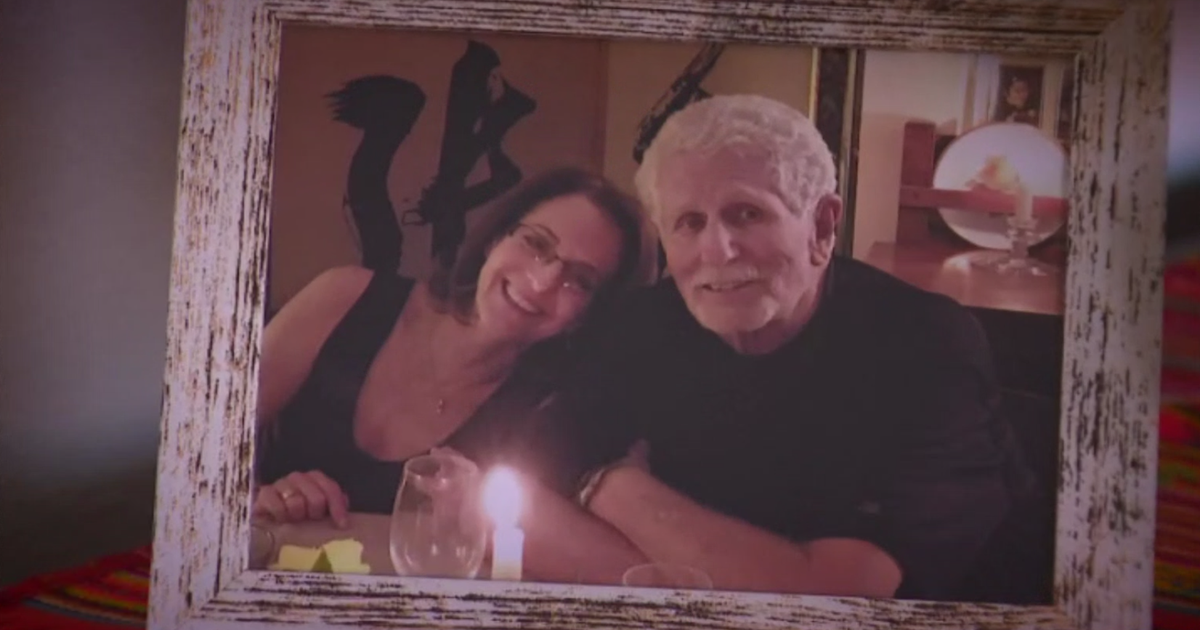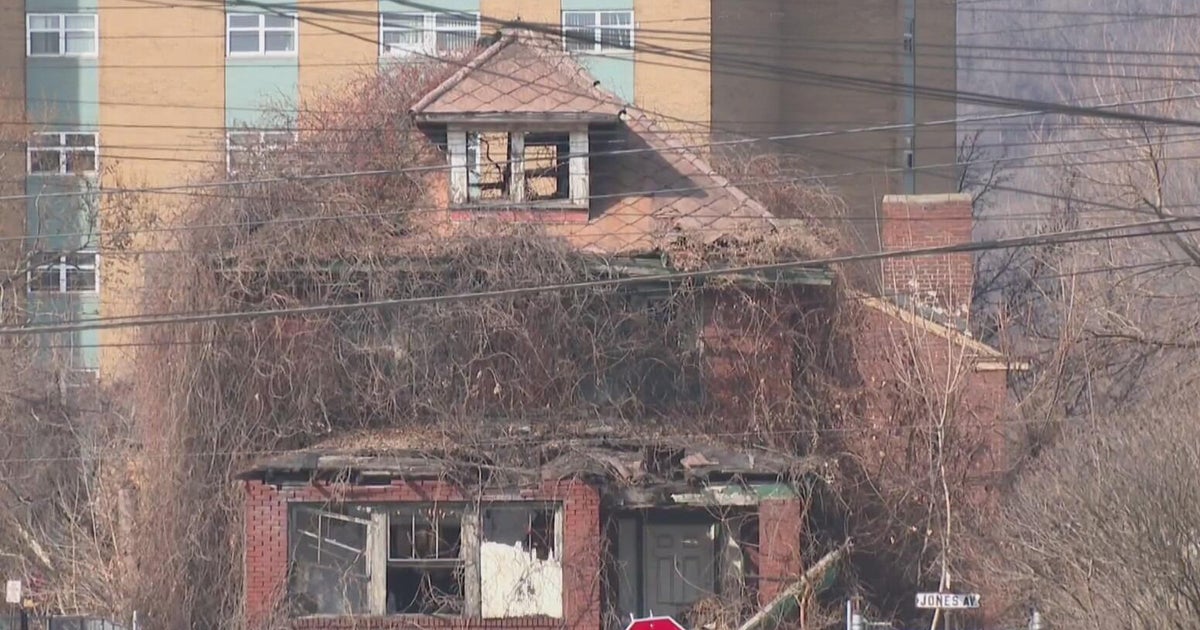University of Chicago's future cancer center aims to tackle disparities on South Side
CHICAGO (CBS) – This week, CBS 2 showed how disparities in cancer care on the South and West Sides of Chicago are leading to more people dying in those communities.
Cancer is the leading cause of death in five South Side neighborhoods. The University of Chicago is there, in the thick of the battle and building a new center to save lives. CBS 2's Audrina Sinclair has the second part of her look into the disparities.
"The South Side of Chicago, unfortunately, because of years of segregation, racial and economic segregation, has really been a desert for healthcare," said Dr. Nita Lee. "Some of it is really financial. There's a lot of concentrated, persistent poverty in our neighborhoods."
Dr. Lee is tasked with tackling the problem. She's leading community outreach for the University of Chicago Medicine's new cancer center coming to Hyde Park in 2027.
Sinclair: "How is this cancer center right here on the South Side of Chicago going to help address some of the disparities that we're talking about?"
Lee: "Part of our mission is to understand the burden of cancer in our whole area, like zip code level, census track. Where are people getting the highest incidence of cancer? What are the cancers that we're seeing, and what are the trends?"
When it comes to cancer mortality and the number of people dying from cancer in Chicago, a map shows where it's happening the most. The darker the blue, the more people who have died from cancer. The darkest blues are mostly concentrated on the South and West Sides of the city in neighborhoods like Roseland and West Englewood in the south and Austin and North Lawndale to the west.
"Our job is to really think about bringing that information to our cancer center and then having these great researchers really think, 'OK, how can I solve this problem?'" Lee said.
One way is to include more Black and brown people in crucial clinical trials that study cancer treatments and their effectiveness. Only about 5% of people participating in these cancer trials are Black, and only 6% are Latino, while 73% are white.
"How do you look at anything that you're doing research-wise, patient care-wise, clinical trials-wise, through this lens of how to make sure that more people can have access?" Lee said.
Health advocates like Paris Thomas of Equal Hope are also hoping to get people more access and better quality of care.
"We serve the communities on the West and South Side of Chicago," Thomas said. "Primarily those that are Black and brown, and usually those who are considered under-resourced, divested in. That is where most of the women that we see are dying from these diseases and where we can make the biggest impact."
Equal Hope is helping 1,800 women like Roseland resident Genella Jones-Riggins. A year ago, she found a lump in her breast but had no health insurance.
"They made sure that I got everything that I needed," Jones-Riggins said.
Thomas added, "We're able to pay for things like mammograms or even cervical screenings so that women don't have to, but we're also able to take care of costs like transportation."
Sinclair: "Where are you now in your journey?"
Jones-Riggins: "My prognosis is well. My last scans were clean."
Hers was one life saved, with the hope that more people will get the help they need, no matter where they live.
The number of people diagnosed with cancer on the South Side is projected to increase by 19% in the next five years. UChicago Medicine said that's one reason why the cancer center, an $815 million investment, is crucial in the fight to save lives.

